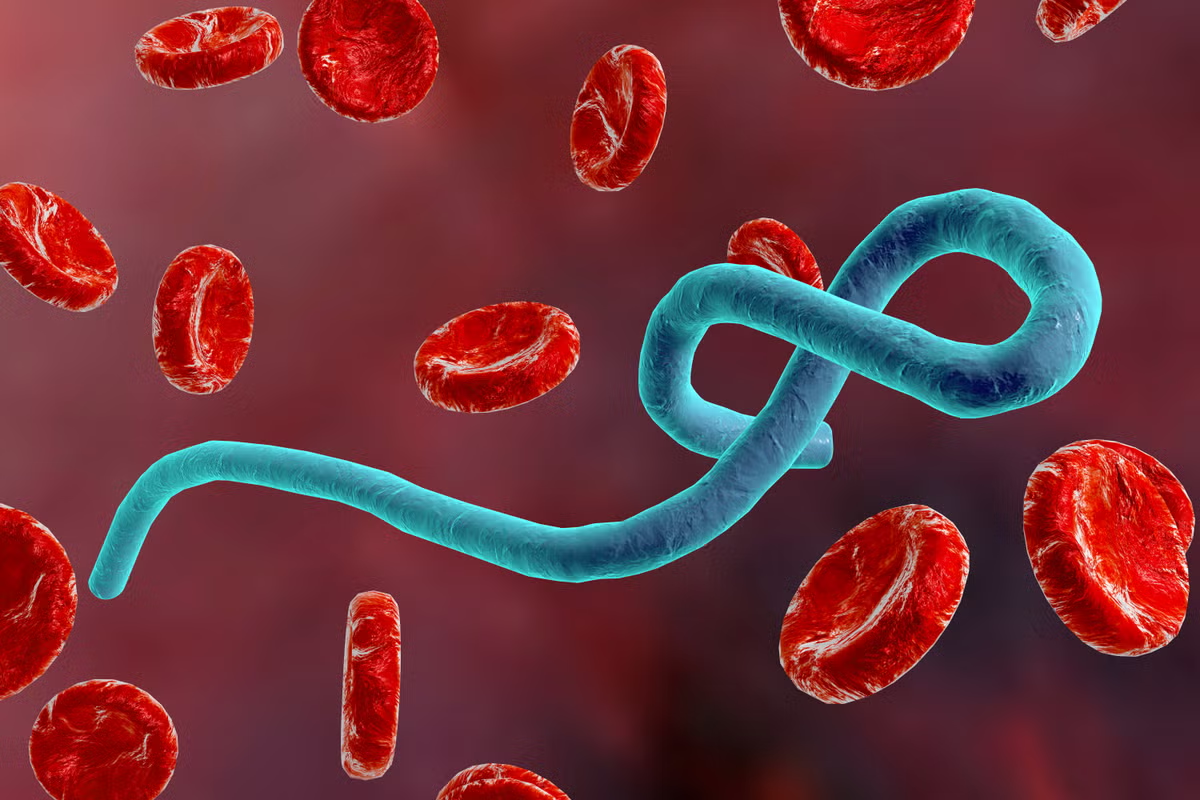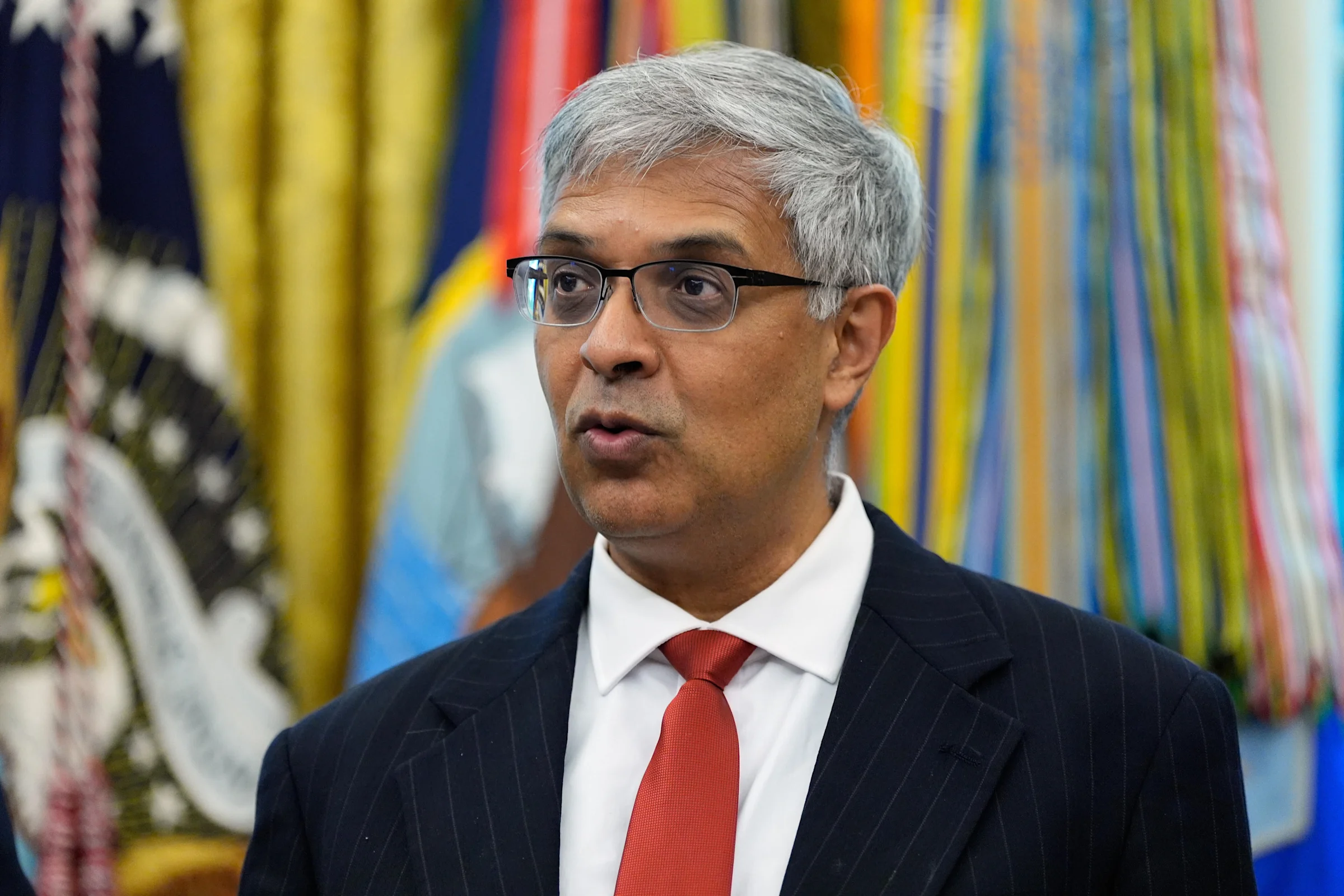Uganda’s Ministry of Health confirmed a new outbreak of Sudan Ebola Virus Disease (SVD), marking the country’s eighth encounter with the deadly virus. The announcement came two years after the last outbreak in Mubende in 2022. The declaration raised concerns, particularly in Kampala, Uganda’s densely populated capital, where the urban lifestyle could increase the potential for rapid virus spread.
However, Uganda’s experience and improved preparedness in managing Ebola have played a crucial role in containing the virus.
First survivors discharged as Uganda’s efforts show progress
On February 18, 2025, Uganda celebrated a significant milestone when Health Minister Dr. Jane Ruth Aceng oversaw the discharge of the first group of Ebola survivors. This moment marked a hopeful step forward in the fight against the outbreak, despite the ongoing challenges.
Since the virus was first identified, Uganda’s response has become more refined, with health authorities better equipped to manage and contain the virus. The country’s emergency medical teams, equipped with advanced medical tools, treatment facilities, and diagnostic resources, are crucial in providing care for those infected with Ebola.
Learning from past outbreaks to improve response strategies
Uganda’s ability to respond swiftly and effectively can be attributed to lessons learned from previous outbreaks. The collaboration between the Ministry of Health, the World Health Organization (WHO), and other international partners has enhanced the country’s response strategies. These improvements include refined protocols for managing new outbreaks, better communication, and improved health infrastructures.
Health authorities have shared vital insights on preventing the spread of the virus. As a result, Uganda’s efforts to stop the disease’s transmission are increasingly effective. For example, an expanded national referral treatment center has become a vital part of the country’s capacity to handle Ebola outbreaks, ensuring comprehensive support for patients and reducing the virus’s spread.
Frontline workers lead the charge against Ebola
The dedication of Uganda’s frontline health workers remains a key factor in the country’s Ebola management strategy. These professionals risk their lives daily to treat confirmed and suspected Ebola patients. Their resilience in the face of danger, working long hours under tough conditions, exemplifies their commitment to the nation’s health response.
In addition to providing medical care, these workers inspire others through their unwavering compassion and courage, motivating communities to stay strong during the crisis.
Mental health support in the fight against Ebola
As the WHO underscores, “There is no health without mental health.” Addressing mental health needs during an outbreak is crucial, as disease outbreaks often trigger significant stress, anxiety, and trauma for affected individuals and communities. The importance of providing mental health and psychosocial support (MHPSS) has been a critical focus of Uganda’s Ebola response.
From community outreach to frontline worker support, MHPSS services have been integrated into all stages of the Ebola treatment process. This includes community awareness programs, mental health services for health workers, and ongoing care for survivors. By offering psychological support, Uganda ensures that its response to Ebola is holistic, addressing both physical and emotional health needs.
Survivors face challenges after recovery
The psychological impact of surviving Ebola is profound. Following their recovery, many Ebola survivors face emotional and social challenges, including stigma, financial hardship, and trauma. Although most survivors were welcomed back by their families and communities, some struggled with feelings of isolation and grief.
To address these issues, Uganda’s response team is focusing on providing ongoing mental health support to survivors and their families. This includes offering counseling, financial assistance, and programs to help reintegrate survivors into their communities.
The need for long-term support for Ebola survivors
Even after the immediate threat of Ebola subsides, the long-term needs of survivors and affected communities remain significant. Psychosocial support must continue to help individuals rebuild their lives. Uganda’s government is encouraged to focus on supporting families who have lost loved ones, including orphans and those who lost breadwinners to Ebola.
Furthermore, ensuring that survivors have access to essential services like financial aid, educational support for orphaned children, and community rebuilding efforts will be crucial for long-term recovery.
Continued vigilance and a comprehensive approach
Uganda’s experience with Ebola underscores the importance of preparedness, resilience, and community support. As the country continues to battle the Sudan Ebola outbreak, its progress in managing the crisis highlights its growing ability to handle future health threats. With continued international cooperation, focused efforts on mental health, and long-term survivor support, Uganda is setting an example for other nations in managing disease outbreaks.







